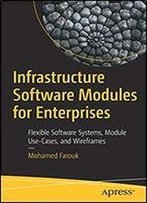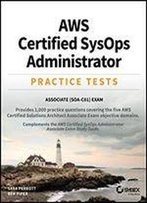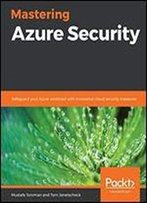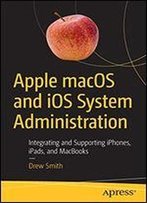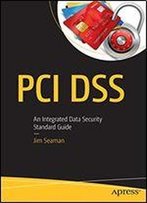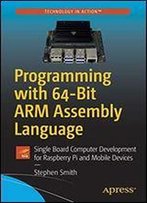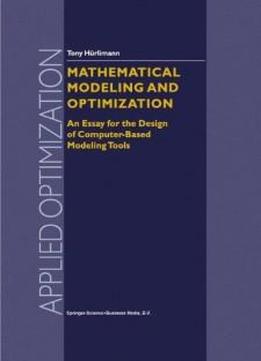
Mathematical Modeling And Optimization: An Essay For The Design Of Computer-based Modeling Tools (applied Optimization)
by Tony Hürlimann /
1999 / English / PDF
12.2 MB Download
Computer-based mathematical modeling - the technique of
representing and managing models in machine-readable form - is
still in its infancy despite the many powerful mathematical
software packages already available which can solve astonishingly
complex and large models. On the one hand, using mathematical and
logical notation, we can formulate models which cannot be solved by
any computer in reasonable time - or which cannot even be solved by
any method. On the other hand, we can solve certain classes of much
larger models than we can practically handle and manipulate without
heavy programming. This is especially true in operations research
where it is common to solve models with many thousands of
variables. Even today, there are no general modeling tools that
accompany the whole modeling process from start to finish, that is
to say, from model creation to report writing. This book proposes a
framework for computer-based modeling. More precisely, it puts
forward a modeling language as a kernel representation for
mathematical models. It presents a general specification for
modeling tools. The book does not expose any solution methods or
algorithms which may be useful in solving models, neither is it a
treatise on how to build them. No help is intended here for the
modeler by giving practical modeling exercises, although several
models will be presented in order to illustrate the framework.
Nevertheless, a short introduction to the modeling process is given
in order to expound the necessary background for the proposed
modeling framework.
Computer-based mathematical modeling - the technique of
representing and managing models in machine-readable form - is
still in its infancy despite the many powerful mathematical
software packages already available which can solve astonishingly
complex and large models. On the one hand, using mathematical and
logical notation, we can formulate models which cannot be solved by
any computer in reasonable time - or which cannot even be solved by
any method. On the other hand, we can solve certain classes of much
larger models than we can practically handle and manipulate without
heavy programming. This is especially true in operations research
where it is common to solve models with many thousands of
variables. Even today, there are no general modeling tools that
accompany the whole modeling process from start to finish, that is
to say, from model creation to report writing. This book proposes a
framework for computer-based modeling. More precisely, it puts
forward a modeling language as a kernel representation for
mathematical models. It presents a general specification for
modeling tools. The book does not expose any solution methods or
algorithms which may be useful in solving models, neither is it a
treatise on how to build them. No help is intended here for the
modeler by giving practical modeling exercises, although several
models will be presented in order to illustrate the framework.
Nevertheless, a short introduction to the modeling process is given
in order to expound the necessary background for the proposed
modeling framework.
